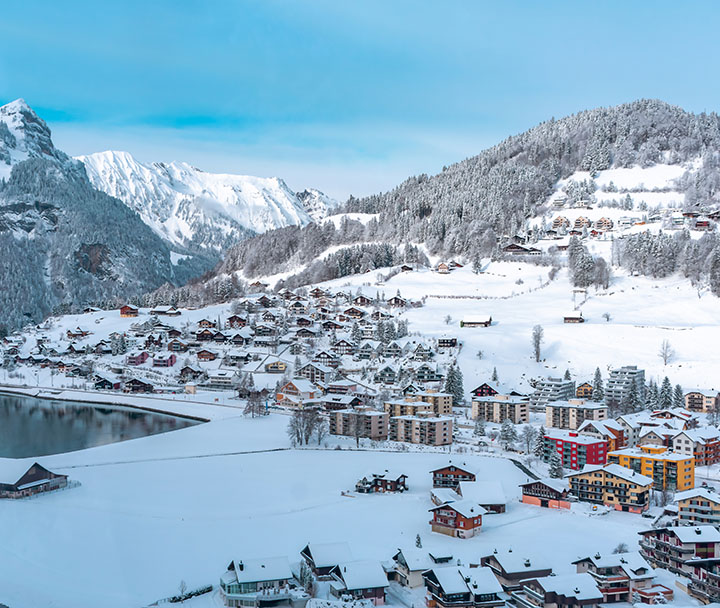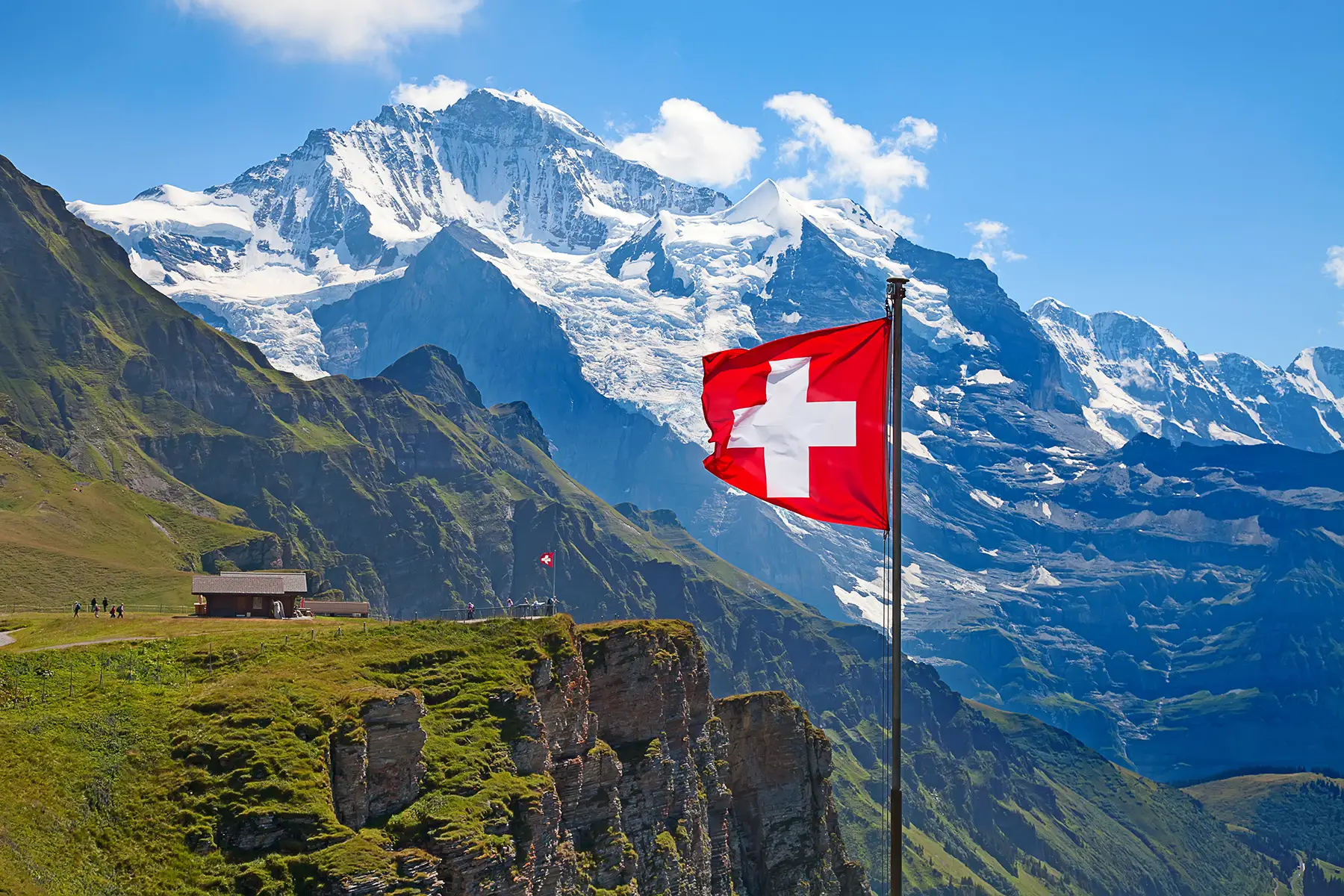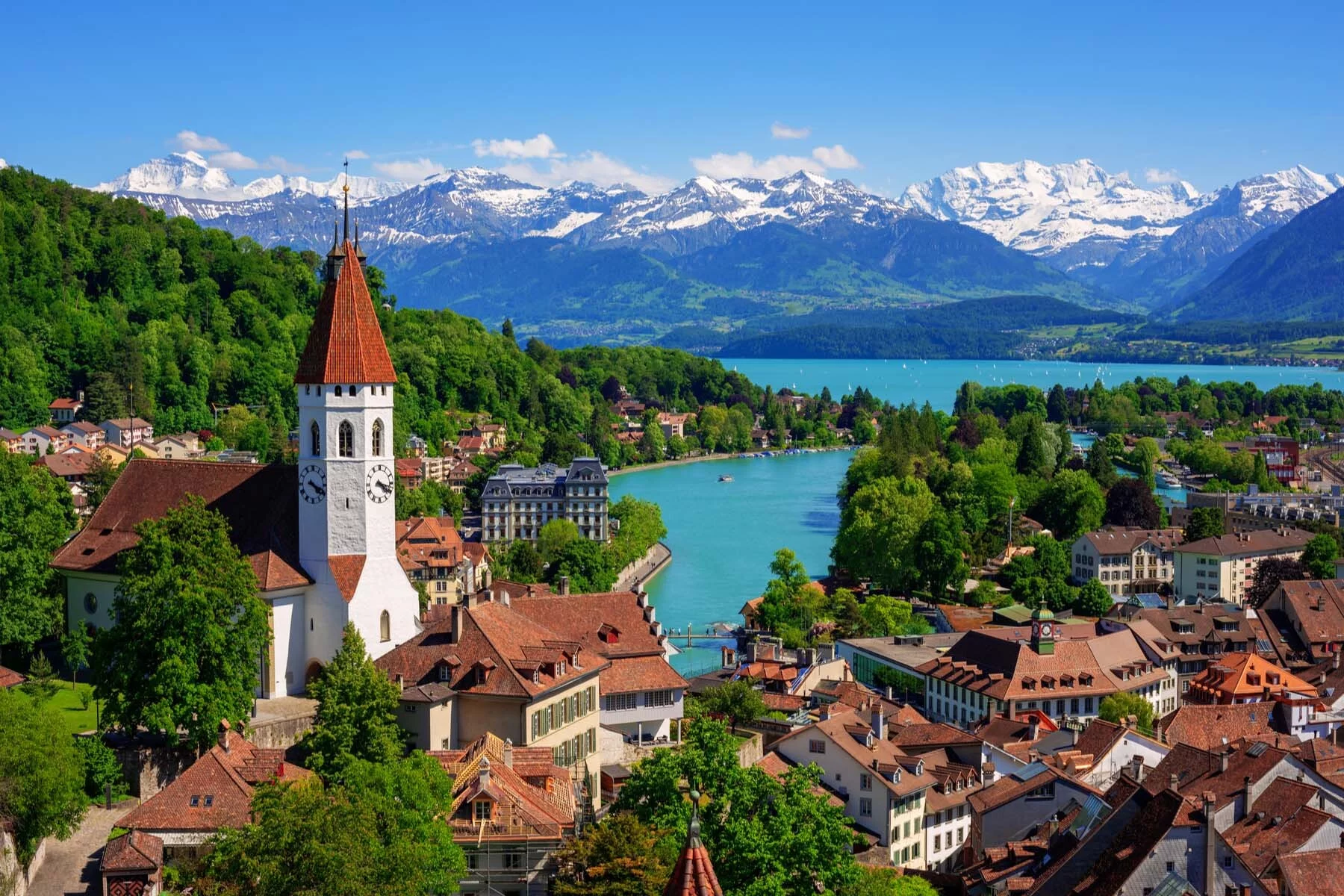Pristine cities, stunning mountains, and punctual trains
Expatica Switzerland

Expat guides
Explore
Editor's picks

Health insurance in Switzerland
Learn all about health insurance in Switzerland – find out how much it costs, how to get it, and what it covers.
Read More

Dating in Switzerland: finding love as an expat
Is dating in Switzerland as smooth as a Lindt truffle, or does it come with a few hidden nuts? Here’s what to expect when looking for love.
Read More

The education system in Switzerland
Navigate the education system in Switzerland successfully by understanding the types of schools, costs, enrolment, and support on offer.
Read More






